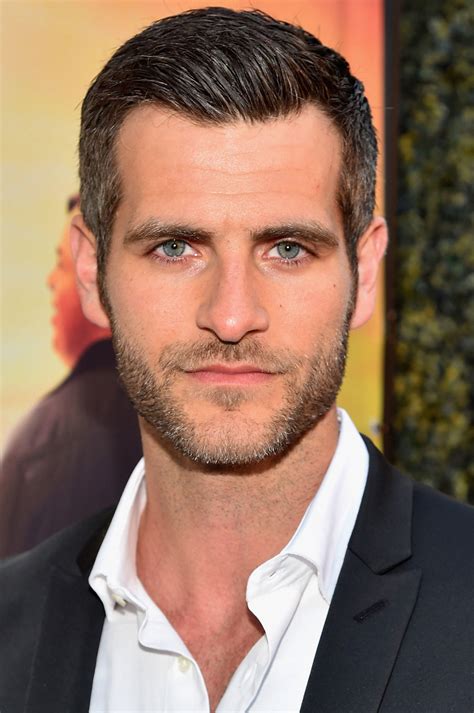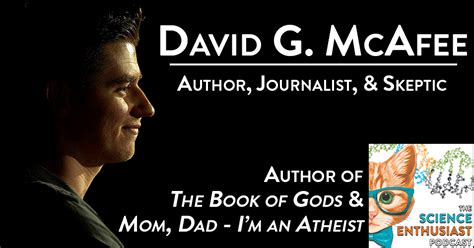A Quote by Nancy Pearcey
In every historical period, the religious groups that grow most rapidly are those that set believers at odds with the surrounding culture.
Related Quotes
Scripture is so counter culture. Christ was counter culture. It's not like we're supposed to be weird or anything, but as we grow closer to Christ, we won't care about the things of the world as much. As a believer, you're just going to be countercultural. That's the way its always been and it will always continue to be that way. That's why it's important for us as believers to encourage other believers that it's okay to be that way.
Believers often forget that most atheists used to be religious, that many non-believers used to think they had a personal relationship with their God and they used to 'feel' the power of prayer. They've since learned that it was all a farce, that their feelings were internal emotions and not some external force.
According to Muslim teachings, God first revealed His word in the Holy Qur'an to the prophet, Muhammad, during the month of Ramadan. That word has guided billions of believers across the centuries, and those believers built a culture of learning and literature and science. All the world continues to benefit from this faith and its achievements.
The goal of this office will not be to favor one religious group over another - or even religious groups over secular groups. It will simply be to work on behalf of those organizations that want to work on behalf of our communities, and to do so without blurring the line that our founders wisely drew between church and state.
Proficiency in art is a contract with your self and the empowerment of your self. Not all of us demand or even desire proficiency, but for those who do it's necessary to temper the influence of groups. And while some artists think history is bunk, the historical evidence is overwhelming: "In my isolation I grow stronger."
In period pieces or genre pieces, those have to be set in historical truths. But, science fiction has different game pieces. And with those game pieces come other stories we're not familiar with. So, science fiction teaches us how to relate to outsiders, to foreigners, and to not approach any of that with fear, but a genuine curiosity.


































